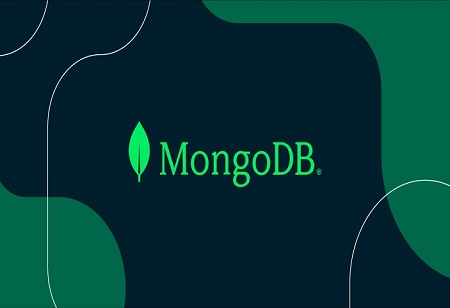MongoDB, the world's top provider of non-relational databases, has established a program in India to train more than 500,000 students in the skills required to utilize MongoDB Atlas, its platform that simplifies and accelerates database deployment and management across different clouds. The MongoDB for Academia program, as it is known, offers free training for students, curricular tools for educators, free credits to use MongoDB technology, and certifications to assist students find jobs. The program was developed in collaboration with ICT Academy, a non-profit educational project of the Tamil Nadu government and the government of India with the objective of training higher education teachers and students to assist bridge India's technological skills gap. The ICT Academy will be identify over 800 educational institutions and more than 1,000 educators for this programme. According to Raghu Viswanathan, VP of education, academia, and documentation at MongoDB, India has over 800,000 graduates in computer science, IT, and maths, but while 65% of them have essential skills from college, they lack the added tech abilities required for a "large tech job." While relational databases (in which data is structured into tables with rows and columns) continue to dominate the market, non-relational databases are rapidly gaining ground as the need to deal with large volumes of data, much of it unstructured or semi-structured (such as web pages, images, videos, and voice), grows.
MongoDB's approach to education is based on five ideas. "The first is that we want our online education to be fully free. We have even made it frictionless – we don’t even ask you to login to look at content. The belief is that if you enable learners quickly, then good things will happen with the product, The second idea is to provide a hands-on learning experience in addition to the film and reading. "We've put a lot of money into these hands-on labs," Viswanathan remarked. The third principle is certification, in which the firm essentially attests to the pupils' abilities. The fourth principle is to design learning assets that are shorter in length. This is to deal with the rapid software changes that occur - the byte-sized courses assist a student in swiftly keeping up with technology, rather than going through a lengthy course, the majority of which she would have learned earlier. The final principle is that MongoDB follows the pupils. "If they're on Coursera, we go there." We go to Linkedin if they're on it. We want our work to be as widely available as possible. Many businesses store their content on their own platform. "We don't believe it.

